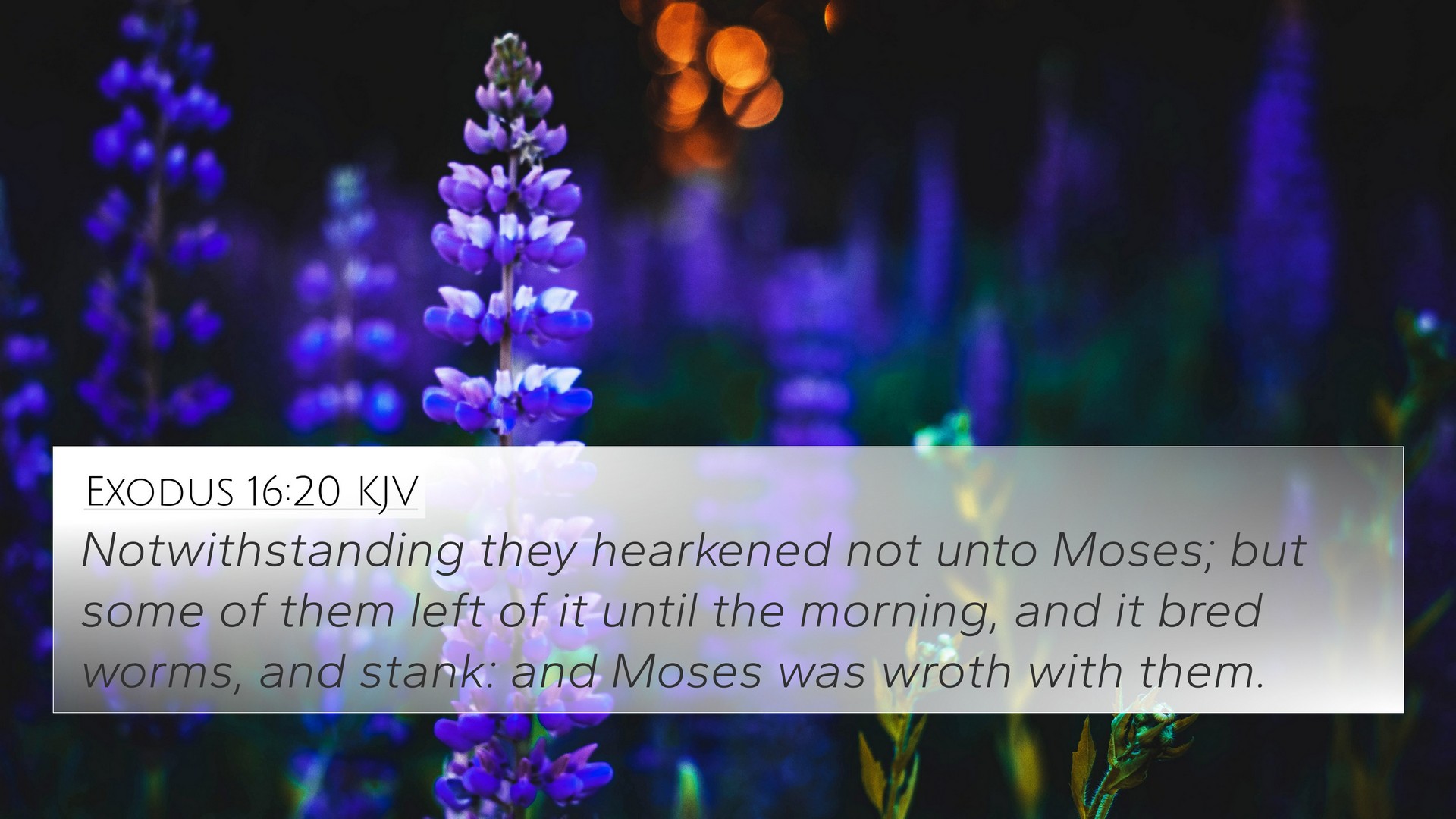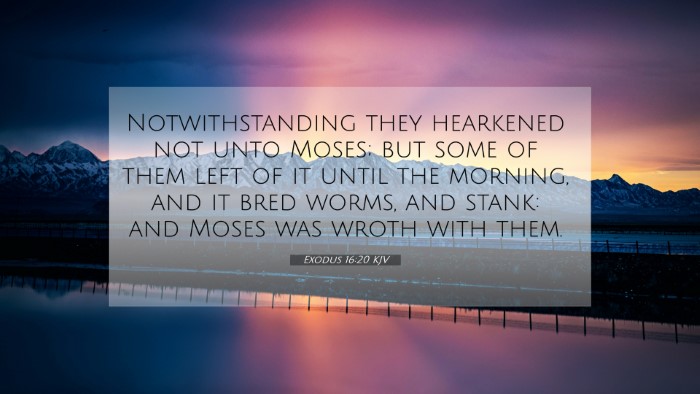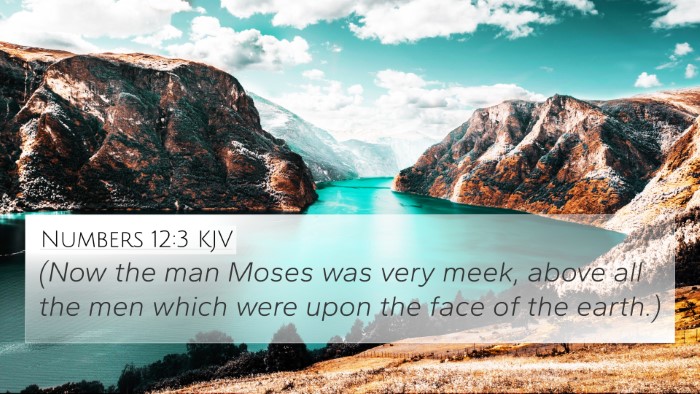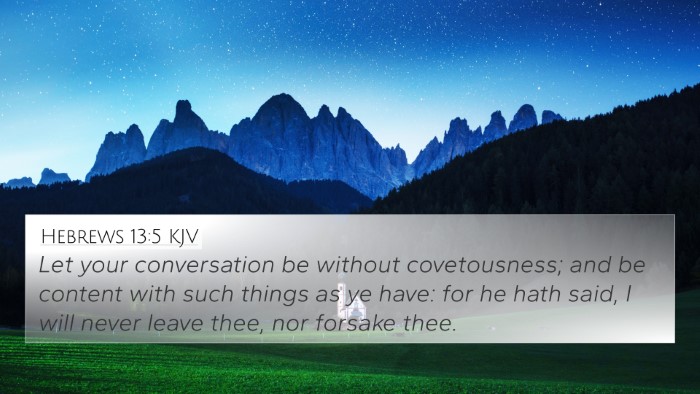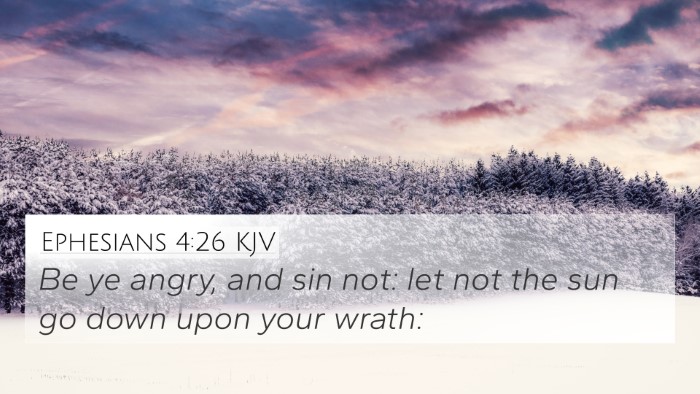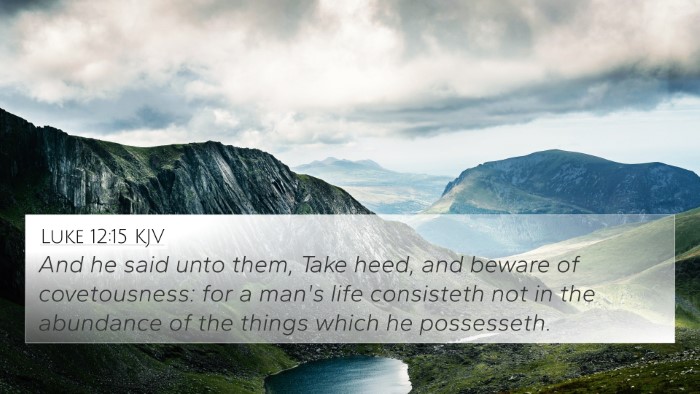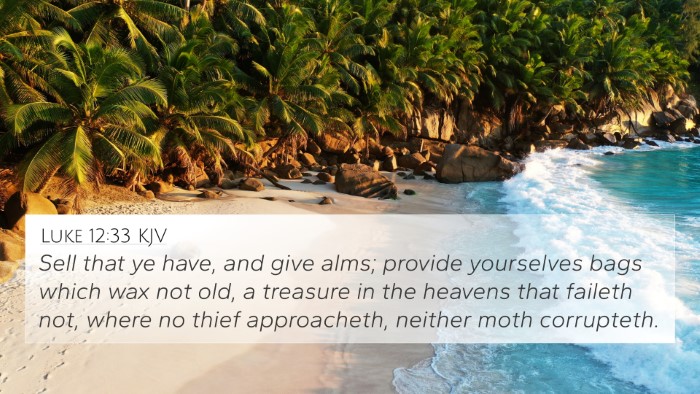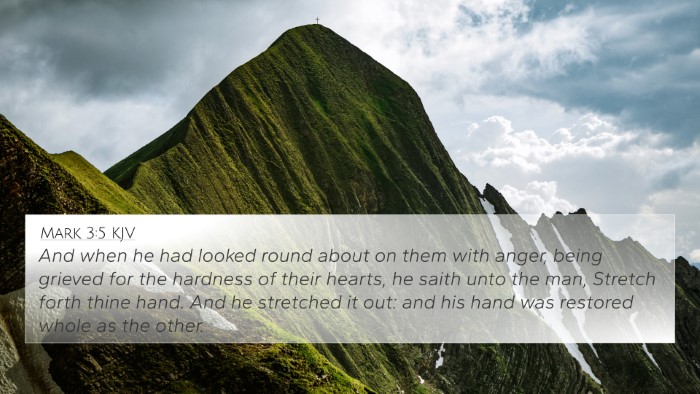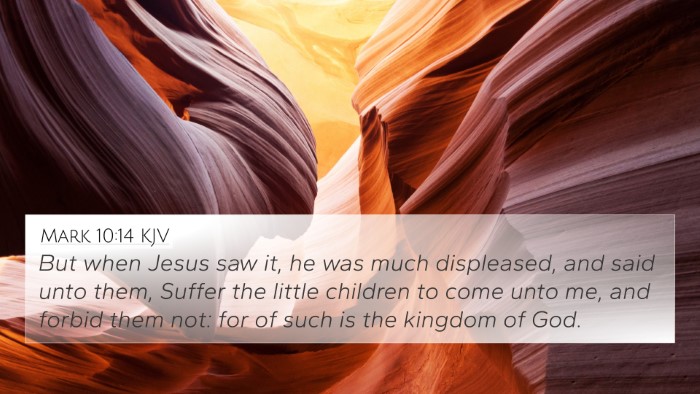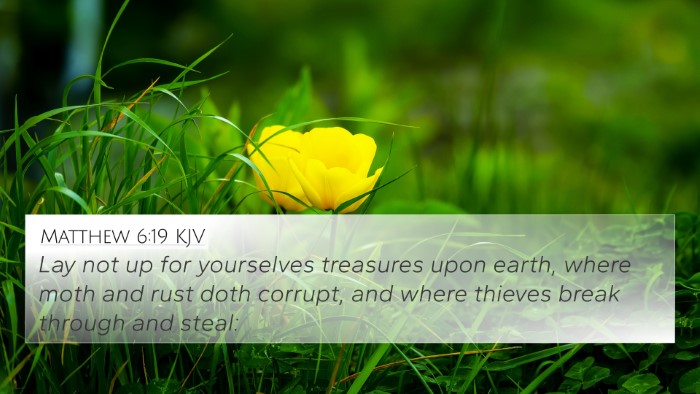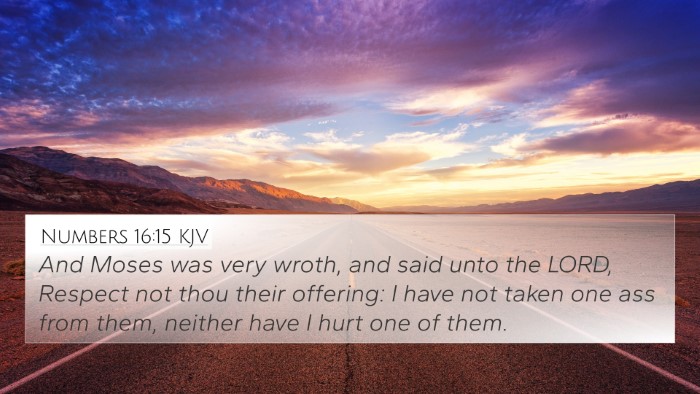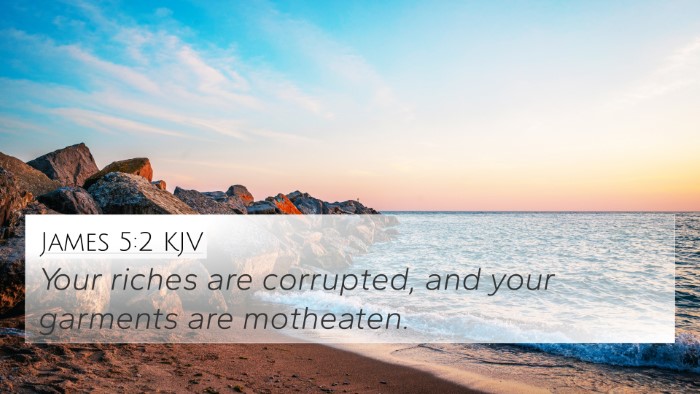Understanding Exodus 16:20
Exodus 16:20 states: “Notwithstanding they hearkened not unto Moses; but some of them left of it until the morning, and it bred worms, and stank: and Moses was wroth with them.” This verse occurs in the context of the Israelites’ journey in the wilderness and their experiences with the manna provided by God.
Overall Meaning of Exodus 16:20
This verse highlights the disobedience and lack of faith exhibited by some of the Israelites despite Moses’ instructions regarding God's provision of manna. It serves as a cautionary tale about the consequences of failing to trust in God’s word.
Commentary Insights
- Matthew Henry: Henry notes that the Israelites did not fully obey the commandments of Moses regarding the collection of manna. Their failure to adhere to these instructions reflected not only a lack of faith but also a disregard for God’s explicit directions. By leaving the food until the next morning, they acted contrary to God’s intention, which led to decay and uncleanliness.
- Albert Barnes: Barnes emphasizes the importance of obedience and its consequences. He discusses how the act of storing manna overnight was not merely an oversight but an act of rebellion against God's provision. This verse illustrates the broader theme of faith and reliance on God’s daily provisions rather than human attempts to secure tomorrow’s needs.
- Adam Clarke: Clarke provides insights on the symbolic nature of manna and its representation of spiritual nourishment. He interprets the decay of the preserved manna as a metaphor for the futility of relying on one’s own provisions rather than trusting in God. Clarke suggests that believers must continually depend on God for their daily sustenance, both physically and spiritually.
Bible Cross-References
To enrich the understanding of Exodus 16:20, the following cross-references highlight thematic connections throughout the Scriptures:
- Exodus 16:4: God’s promise to provide manna, outlining His care and provision for His people.
- Exodus 16:19-21: Instructions regarding the gathering and consumption of manna, reinforcing obedience and faith.
- Numbers 11:6: A reflection of the people's dissatisfaction with God's provision, showing their tendency to forget His goodness.
- Matthew 6:11: Jesus’ teaching on daily bread, emphasizing reliance on God’s provision.
- John 6:31-35: Jesus identifies Himself as the true bread from heaven, linking back to the concept of manna.
- Psalm 78:24-25: A reminder of God’s provision in the wilderness and the miraculous nature of the manna.
- Hebrews 3:16-19: A warning against unbelief, echoing the disobedience displayed by the Israelites in Exodus.
Thematic Bible Verse Connections
Looking beyond Exodus 16:20, we find connections between this verse and themes of trust, obedience, and the nature of God's provision:
- Trust in God: Philippians 4:19 affirms God’s promise to provide for all needs.
- Obedience: Parallel experiences in Deuteronomy 8:3 remind us of the importance of obedience in receiving blessings.
- Reliance on Daily Providence: Proverbs 30:8-9 expresses a similar petition for sustenance without excess.
Conclusion
In conclusion, Exodus 16:20 serves as a profound reminder of the necessity of faith and obedience in understanding God’s provision. The warnings and lessons contained therein resonate through the entirety of Scripture, calling believers to trust wholly in God’s daily sustenance and to heed His guidance for their lives.
For Further Study and Reflection
For those seeking to deepen their understanding of biblical texts and their interconnections, utilizing tools such as a Bible concordance or Bible cross-reference guide can be invaluable. Engaging in cross-reference Bible study methods allows for a richer interpretation, revealing how verses like Exodus 16:20 intertwine with the broader narrative of faith and obedience throughout the Bible.
